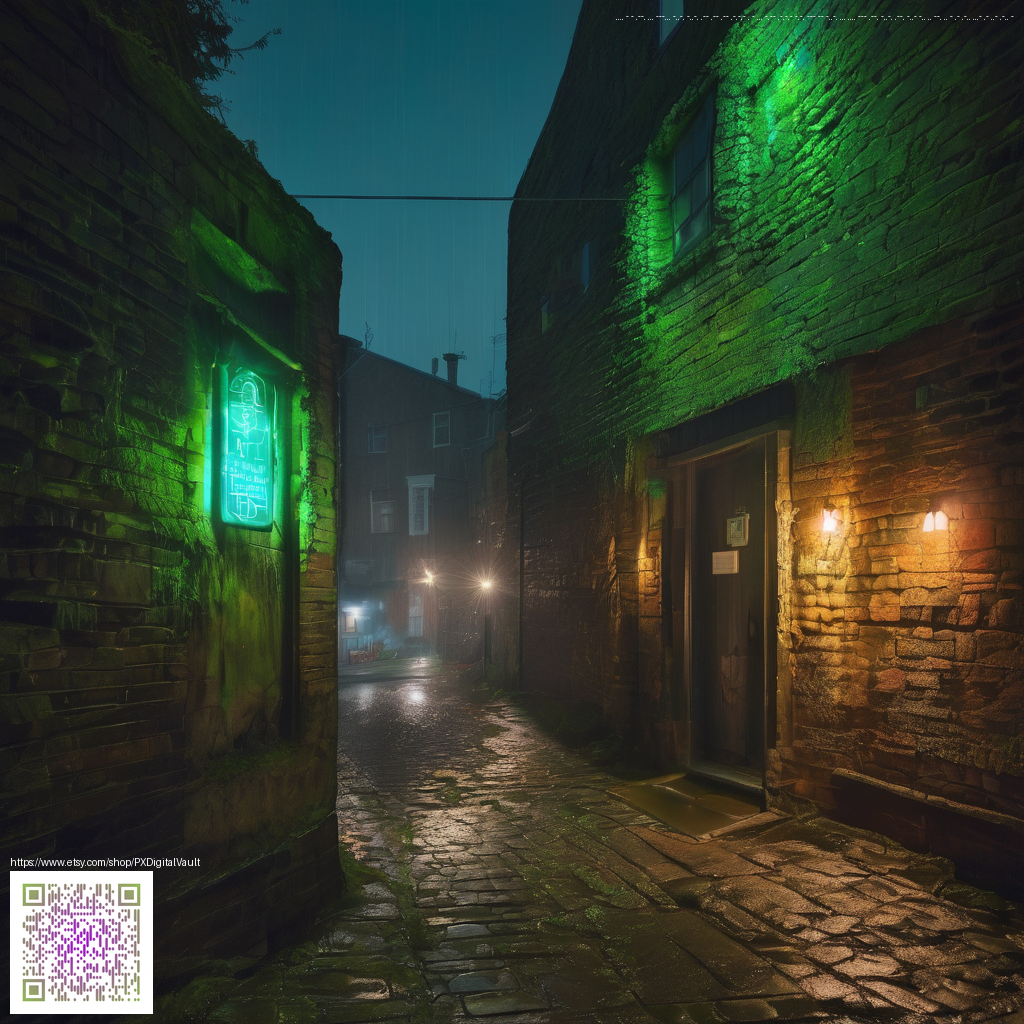
Planet Coaster and the Culture Shaping of Theme Parks
From its first blueprints to the latest community showcases, Planet Coaster has left a lasting imprint on how players think about design, creativity, and shared worlds. This is not just a game about building rides it is a culture of experimentation where every roller track and landscaped plaza becomes a conversation starter. For many fans the title is a playground where imagination meets engineering and that crossover resonates far beyond the keyboard. 🎮
Gameplay analysis
The core appeal rests on the tactile joy of crafting a functioning coaster and then watching it come alive as guests react to drops, turns, and themed scenery. The physics engine, while simplified for access, provides a satisfying sense of momentum and risk management. Builders learn by iteration refining track layouts and pacing to maximize guest happiness and park profitability. The layering of support structures, smooth curves, and realistic physics counterbalances the creative freedom with a technical discipline many players relish.
Beyond individual rides the sandbox encourages holistic park planning. Path layout, queue design, staff logistics, and seasonal events weave into a daily rhythm of management challenges. This leads to emergent stories the community loves to trade in streams and forums. It is a game built for long sessions where small tweaks can unlock a cascade of positive feedback from guests and performers alike. The end result is a dopamine loop that rewards experimentation rather than perfection.
Community insights
Planet Coaster thrives on a thriving workshop and blueprint culture. Players share not just screenshots but reusable ride archetypes, landscaped districts, and decorative palettes that others remix. The community becomes a living catalog of ideas where a clever track element or a themed corner can spark a new park concept for someone else. This collaborative energy elevates the game from a solo sandbox to a shared creative ecosystem where everyone can contribute and critique in constructive ways. 🧠
Content creators routinely highlight practical building techniques, efficient park flow, and storytelling through environment design. Tutorials often break down complex coasters into modular pieces that newcomers can grasp while veterans push for more ambitious simulations. The result is a culture that celebrates both technical skill and aesthetic taste, a combination that has influenced indie builders as they translate parks into cinematic experiences in other media.
Update coverage
Over the years Frontier Developments has rolled out a steady cadence of updates that expand the toolkit for designers. New scenery packs, ride types, and quality of life enhancements keep the game fresh and relevant for veteran builders and curious newcomers alike. Each update tends to refine the user interface and streamline workflows so creators can focus on ideas rather than menial chores. The ongoing support demonstrates a commitment to longevity that many social sims struggle to maintain.
Additionally, the updates often emphasize accessibility and inclusivity by broadening parameter controls and adding presets that lower the barrier to entry while still offering depth for power users. This balance helps keep a broad audience engaged while preserving the game’s core identity as a sandbox for personal expression and shared storytelling. 🔧
Modding culture
Modding in Planet Coaster is less about code rewriting and more about crafting and distributing content that expands what the game can show. Steam Workshop is a central hub where builders publish blueprints, scenery packs, and complete park concepts that others can download and adapt. This approach lowers the entry barrier while amplifying community volume the moment a standout coaster or district drops into the feed. The culture rewards thoughtful curation and documentation so others can reproduce or remix successful ideas.
Because of this model, the game remains remarkably open ended. Mods and user generated content extend the life of the title well beyond its initial window, creating a living archive of styles from hyper realistic to whimsical fantasy. The modding scene demonstrates how a platform designed for creativity can outpace many official updates by surfacing a torrent of inventive approaches from the community itself. 🎨
Developer commentary
Frontier Developments has consistently framed Planet Coaster as a celebration of player agency. Official communications emphasize empowering designers to tell their own stories, whether through meticulous coaster engineering or environment driven narratives. This stance aligns with the community's energy a feedback loop where players influence what the developers prioritise in subsequent updates. The studio’s public messaging champions a collaborative relationship with fans that is rare in the industry and has helped foster a sense of belonging among builders who feel seen and heard by the creators themselves. 🗣️
In practical terms this means generous toolsets a robust workshop ecosystem and a responsiveness that keeps the game feeling alive. The philosophy translates into a game that invites experimentation while still providing a solid foundation for scalable, shareable projects. For many, the legacy lies in showing that simulation games can be social experiences where your park becomes part of a broader conversation about design and culture rather than a solitary sandbox. 🔄
As players pick apart and rebuild favorite layouts they also influence how future titles in the genre approach community driven content. The impact echoes in indie projects that draw on Planet Coaster’s emphasis on accessible creativity showing how strong design tools paired with an open community can shift a genre toward collaborative artistry.
For fans of the franchise and for newcomers curious about why community driven worlds endure this title remains a beacon of how to fuse design craft with shared passion. The blend of practical gameplay, artistic expression, and a welcoming creator ethos creates a living blueprint for how games can shape culture over time. 🎮🔥
To explore themes of shared expertise and creative resilience beyond gaming, consider a quick glance at related conversations and case studies linked below. They offer a broader look at how digital culture builds trust and value in creative ecosystems.
Rugged Phone Case for iPhone Samsung